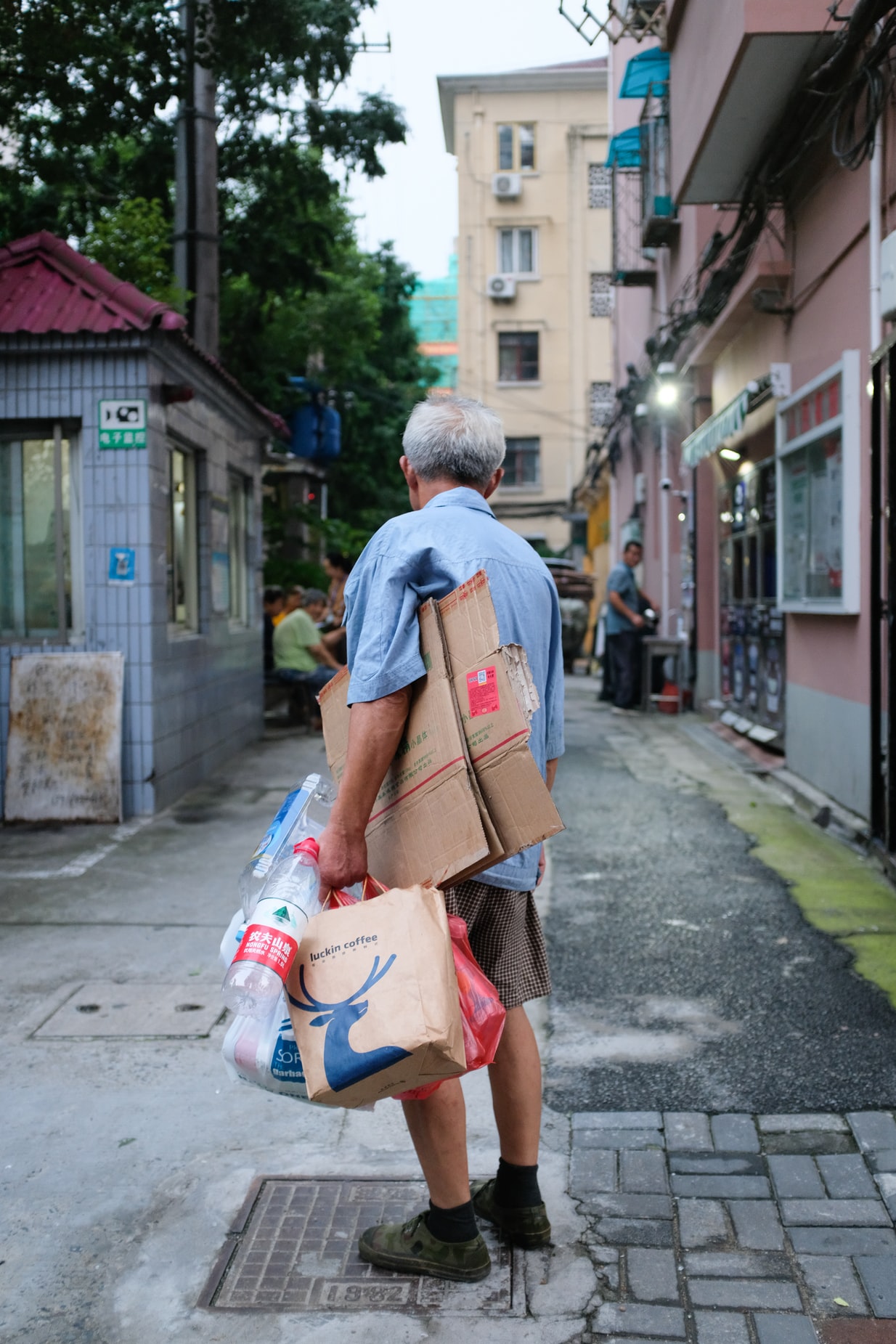
- Sustainable Planet -
- 2mins -
- 207 views
China to ban plastic bags and other single-use plastic items
China, one of the world’s biggest consumers of plastic, unveils ambitious plan to reduce single-use plastics nationwide.
China to ban plastic bags and other single-use items
China announced on Sunday that non-degradable bags will be banned in major cities by the end of 2020 and in all cities and towns by 2022. The restaurant industry will also be banned from using single-use straws by the end of 2020.

China is one of a number of Asian nations cracking down on single-use plastics
For some years China has been struggling to deal with the vast quantities of trash its 1.4 billion citizens generate. The country’s largest rubbish dump—the size of around 100 soccer pitches—is already full, 25 years ahead of schedule.
In 2017 alone, China collected 215 million tonnes of urban household waste. But national figures for recycling are not available. China produced 60 million tonnes of plastic waste in 2010, followed by the US at 38 million tonnes, according to online publication Our World in Data based at the University of Oxford. The research was published in 2018 and said the "relative global picture is similar in projections up to 2025".
So what’s changed?
On Sunday, 19 January, China’s National Development and Reform Commission issued the new policy, which will be implemented over the next five years.
- Plastic bags will be banned across all cities and towns in 2022, though markets selling fresh produce will be exempt until 2025.
- The production and sale of plastic bags that are less than 0.025mm thick will also be banned.
- The restaurant industry must reduce the use of single-use plastic items by 30%.
- Hotels have been told that they must not offer free single-use plastic items by 2025.
This isn’t China’s first campaign against the use of plastics.
In 2008, the country banned retailers from giving out free plastic bags, and banned the production of ultra-thin plastic bags. Then in 2017, China—once the world’s largest importer of plastic waste—announced that it would ban the import of foreign plastic waste.
China is not the only Asian nation cracking down on single-use plastics.
Thailand announced earlier this year that single-use plastic bags would be banned in major stores, with a complete ban across the entire country in 2021.
Indonesia’s capital Jakarta also is banning single-use plastic bags in department stores, supermarkets and traditional markets by June 2020.
The Indonesian island of Bali has also banned single-use plastic.
Separately, Malaysia has sent back 150 shipping containers of illegally imported plastic waste back to their countries of origin.
Source: BBC

